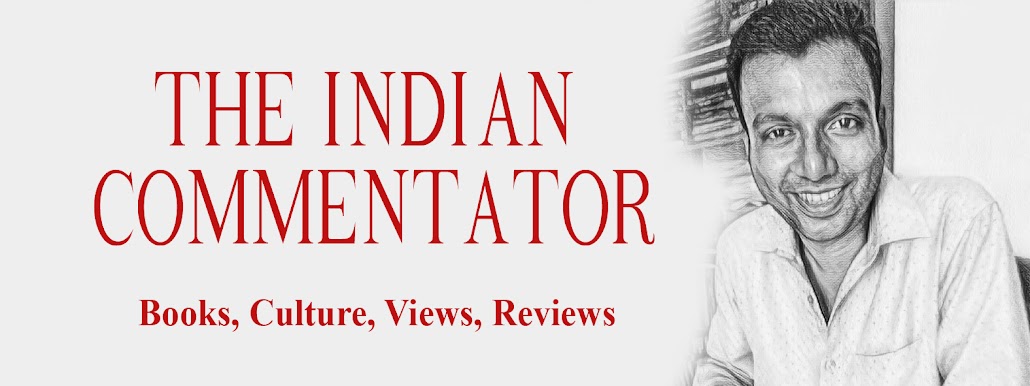It is not easy to see angels.
“You can see them only if you believe you can”—said the teacher--“But it’s not easy, since you will always be doubtful in your decision to believe it.”
“If I meet an angel, what can I do?”—The Prince looked at his teacher, the old woman, with confusion in his eyes.
The teacher replied—“It is easy. You do not need to do anything. But usually people ask, when they meet angels, what they do not possess.”
The Prince smiled.
Another day, the teacher saw the prince running towards him in great anguish.
“What happened?”—The teacher was very caring.
“That was an angel. You saw an angel!”—The teacher smiled in surprise.
The face of the Prince was still clouded in disquiet. The teacher did not ask him why, for she knew those who see angels will suffer great effects of anxiety in their attempt to comprehend and not to doubt what they just saw in front of their eyes and ears and conscious sensory perception. The prince seeing the silence from the teacher started describing his worries.
“Master, I could not ask anything!”
“I told you, you don’t need to do anything.”
“But you also told me if I knew what I do not possess, I can ask it. But I could not. I know this well that the successful person is the one who knows his own limitations and strengths. And there is no one without any limitations. And that means, I am not aware of what I do not have, what I do not possess, what my limitations are.”
“No, Prince.”—The teacher said with a smile—“It is not always necessary to know or to remember your deficiencies. Now, try to remember something that you never asked me before.”
“Have you ever seen an angel?”—The Prince took little time to grope this question from his mind.
“No”—the teacher replied sadly.
“Why!”—That was an exclamation from the prince.
“Because only a few can do that. Even though, I knew well about my own limitations and strength and being the master I am, I am not that special to see an angel. But even with all your naivety, you are.”
Eyes of the Prince welled up. He knew he learnt the best lesson about himself.









